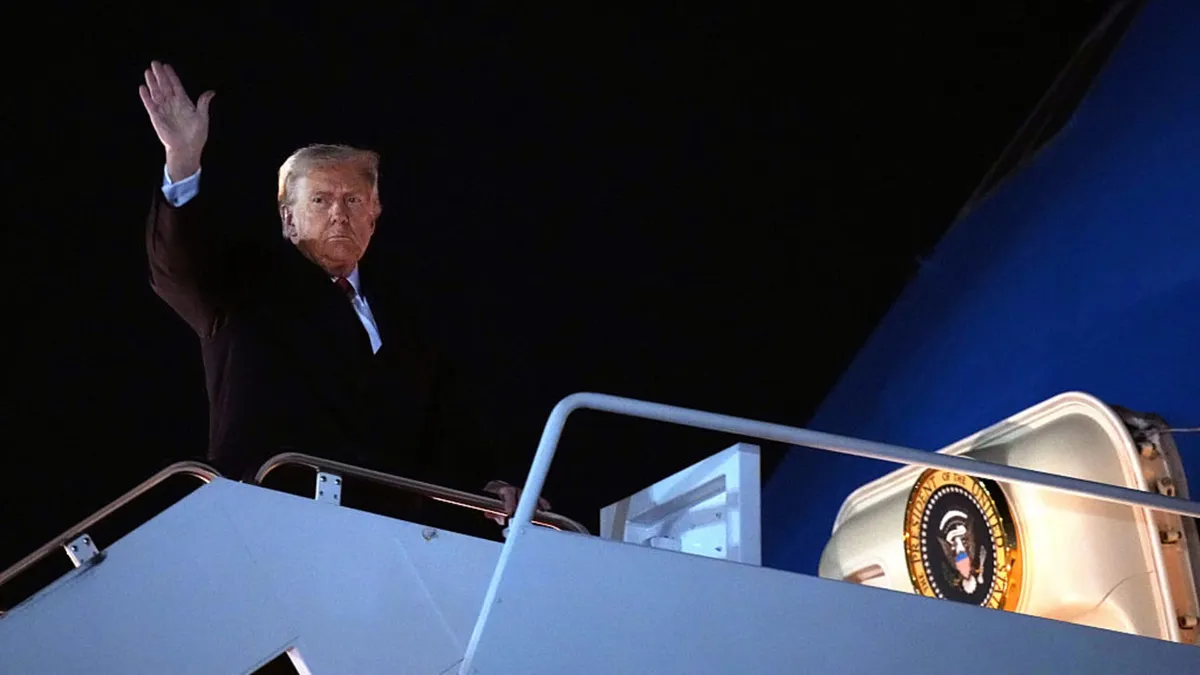
On Monday, Japan's Nikkei 225 index made headlines by breaching the 50,000 mark for the first time, a significant milestone that reflects investor optimism stemming from progress in U.S.-China trade talks and robust momentum from Wall Street. The benchmark index experienced a notable increase of over 2%, while the Topix index also saw gains, rising by 1.61%.
In a significant political development, Japanese Prime Minister Sanae Takaichi is scheduled to meet U.S. President Donald Trump later this week during her visit to Japan. According to a note from Crédit Agricole CIB, Takaichi's message is expected to focus on the need to significantly expand domestic demand through a high-pressure economy. Such an expansion would not only lift Japan out of its long-standing deflationary structural stagnation but also aid in reducing the U.S. trade deficit, creating a mutually beneficial situation for both nations.
Across Asia, markets also experienced positive movement. South Korea's Kospi index surged by 2.1%, crossing the 4,000 mark for the first time, following a record high achieved on Friday. Additionally, the small-cap Kosdaq index rose by 1.45%. In Hong Kong, the Hang Seng Index increased by 1.15%, while the mainland CSI 300 index saw a rise of 0.83%.
Notably, the South Korean entertainment agency Hybe experienced a nearly 10% climb in its stock price after Bloomberg reported that the globally renowned supergroup BTS is planning a world tour spanning 65 cities, with half of the performances set for North America. Furthermore, Australia's ASX/S&P 200 index was up by 0.54% in early trading.
The regional rally can be attributed to reports indicating that leading trade negotiators from the U.S. and China have reached a framework agreement on several contentious issues. This development paves the way for President Trump and Chinese President Xi Jinping to finalize the terms. U.S. Treasury Secretary Scott Bessent, in an interview with CBS News on Sunday, stated that Trump's proposed 100% tariffs on Chinese imports are essentially off the table. Furthermore, he noted that China is anticipated to make significant soybean purchases and delay broad restrictions on rare earth exports, although the U.S. will maintain its current export controls on China.
Last Friday, all three major U.S. stock indices closed at record highs, driven by positive inflation data that has spurred investor optimism regarding the Federal Reserve's ability to continue cutting interest rates. The Dow Jones Industrial Average rose by 472.51 points, or 1.01%, closing at 47,207.12, marking its first close above the 47,000 level. The S&P 500 added 0.79% to reach 6,791.69, while the Nasdaq Composite climbed 1.15% to 23,204.87.
Investors are now keenly anticipating a widely expected interest rate cut by the Federal Reserve, along with upcoming earnings reports from major technology firms, which are likely to influence market trends in the near future.
This article is a collaborative effort by CNBC's Lim Hui Jie, Sean Conlon, and Pia Singh, providing insights into the current economic landscape and stock market performance in Japan and across the region.